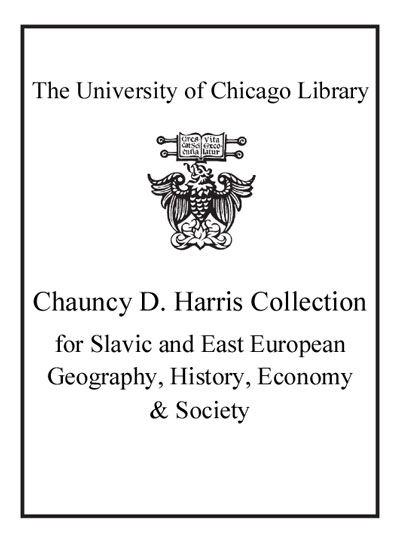Review by Choice Review
Zubok (international history, London School of Economics and Political Science) introduces the first English-language life and times of Dmitry Likhachev (1906-99), an intellectual of the highest order. He lived a life of severe deprivation and intimidation. As a youth, he experienced the end of czarist rule and the Bolshevik Revolution. Never a communist, he found himself imprisoned at age 20 in the Solovki gulag in Siberia for five years and, along with his family, experienced the Terror and the siege of Leningrad in WW II. After 1946, despite his education in linguistics and history, he struggled to find a voice in academia among Red professors and apparatchiks. As late as 1976, he was the victim of physical violence from authorities. Yet, in his last decades, he was embraced by academicians and politicians alike, including Mikhail Gorbachev and Alexander Solzhenitsyn. In the days of the 1991 coup against Gorbachev, Likhachev stood up at age 84 with Boris Yeltsen against those who would destroy Russia from within. Likhachev believed the country's most important concept was found not in Soviet or Russian politics but in the idea of Russia itself as a culture and an ideology. This serious academic work brings to life the struggle and eventual triumph of a major Russian intellectual. Summing Up: Essential. Faculty and specialists. --Andrew Mark Mayer, College of Staten Island
Copyright American Library Association, used with permission.
Review by Choice Review

